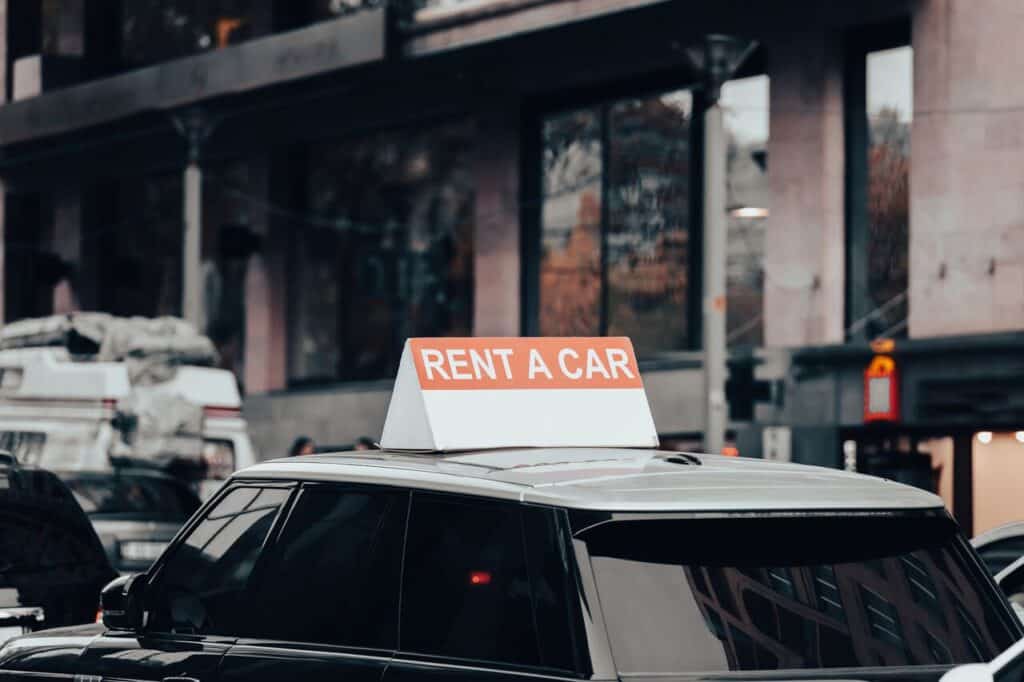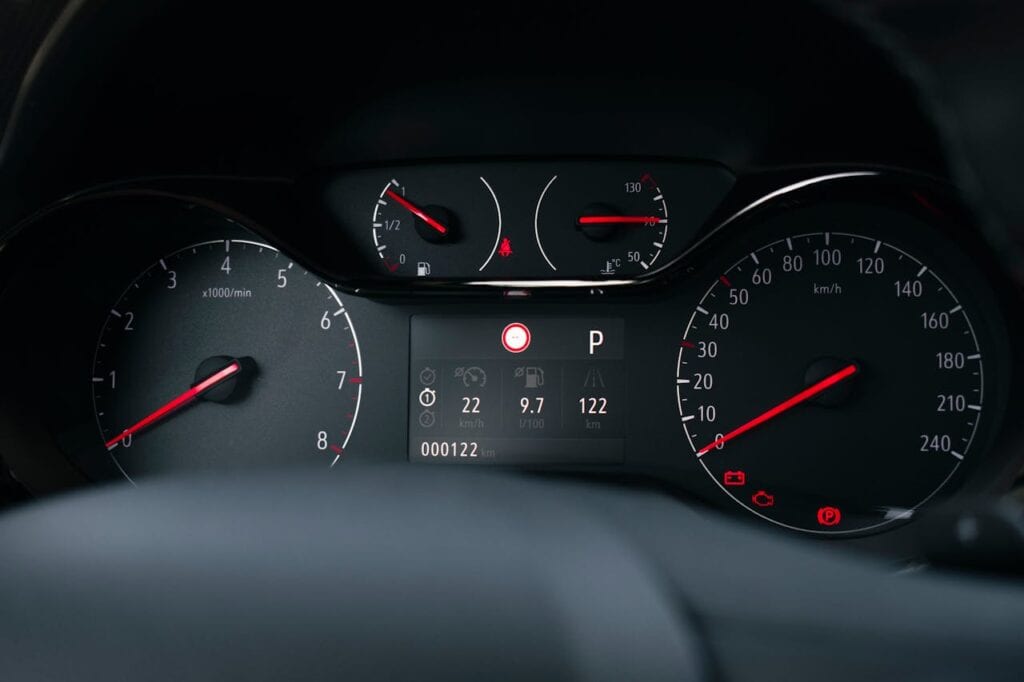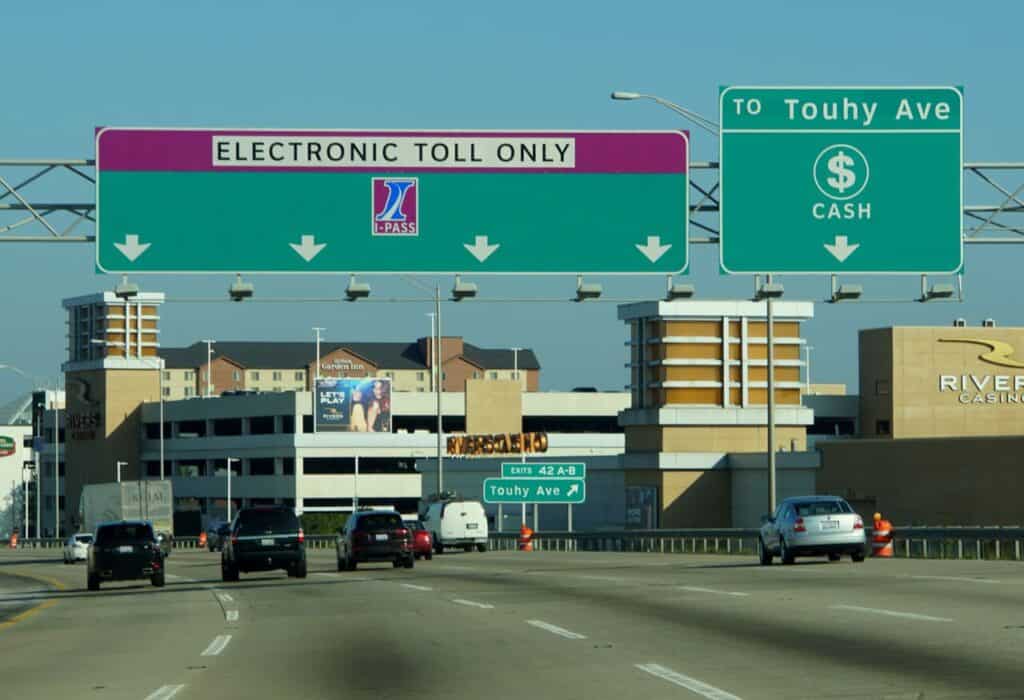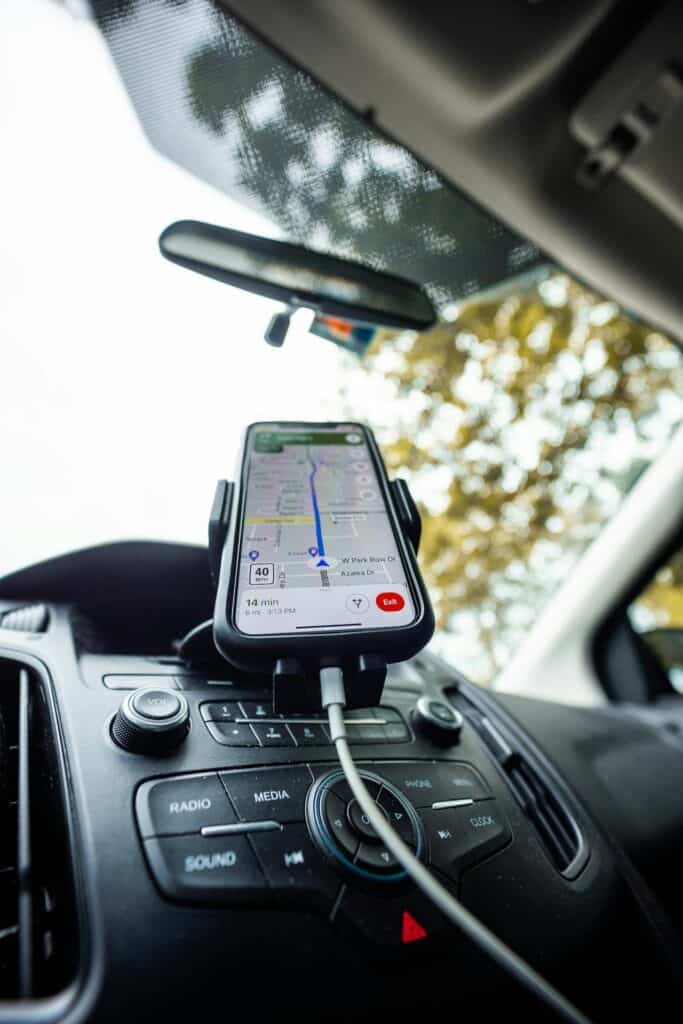We may earn money or products from the companies mentioned in this post. This means if you click on the link and purchase the item, I will receive a small commission at no extra cost to you ... you're just helping re-supply our family's travel fund.

Renting a car in the U.S. should be straightforward, but it often comes with confusing policies, hidden charges, and fine print that can catch travelers off guard. For many, what seems like a good deal quickly turns into an expensive headache. The good news is that most of these problems are avoidable with a little preparation. From understanding insurance to spotting hidden fees, knowing the right steps ahead of time can save you money and frustration at the rental counter.
1. Skip the Rental Insurance If You’re Already Covered

Rental agents often push collision damage waivers, but many credit cards and personal auto insurance policies already provide coverage. Before your trip, call your card issuer and insurer to confirm what’s included. Accepting redundant coverage can add $20 or more per day to your bill. For travelers who already have protection, declining the extra insurance is a smart move. Knowing your coverage in advance makes it easier to stand firm at the counter without second-guessing.
2. Watch for Airport Pickup Fees

Picking up your car directly at the airport is convenient, but it often comes with steep surcharges. Many rental companies tack on concession recovery fees and facility charges that can increase your total by 10–30 percent. If you’re willing to take a quick shuttle or rideshare to a nearby neighborhood branch, you can often save significantly. This option may take a little extra time but can free up cash for more enjoyable parts of your trip.
3. Inspect the Car Before Leaving the Lot

It’s tempting to drive off quickly, but skipping the inspection is risky. Walk around the vehicle, check for scratches, dents, and interior damage, and take timestamped photos or video. This simple step protects you from being blamed for issues that were already there. Rental companies sometimes count on customers skipping this step, which makes disputes harder later. A five-minute inspection is one of the easiest ways to avoid surprise charges when you return the car.
4. Avoid the Prepaid Gas Option

Prepaid fuel programs sound convenient, but they rarely make financial sense. Unless you return the tank completely empty, you’ll end up paying for gas you didn’t use. Rental agencies also mark up their fuel prices. A better approach is to fill the tank yourself right before returning the car. Use a gas station close to the drop-off location and keep your receipt in case of disputes. It’s a simple way to keep control of your budget and avoid unnecessary fees.
5. Check Mileage Policies

Most U.S. rentals offer unlimited mileage, but not all of them do. Some contracts restrict driving outside specific states or impose daily limits. Exceeding these can result in hefty penalties. Read the mileage section of your agreement carefully before driving long distances. If you plan a cross-country trip or intend to visit several states, confirm that your contract allows it. Knowing the restrictions upfront prevents unexpected costs and makes it easier to plan routes without stress.
6. Return on Time

Late returns can cost you more than just an extra day. Some companies charge steep hourly fees or even a full-day rate for being a little late. Always check the grace period listed in your rental contract, which typically ranges from 29 minutes to an hour. Setting a reminder on your phone can save you from unnecessary charges. If you know you’ll be late, call ahead. Communication sometimes helps companies waive penalties, but don’t count on it without asking first.
7. Be Wary of Upgrade Offers

At the counter, agents may suggest a larger or more luxurious car, sometimes hinting it’s a deal. But upgrades usually come with higher fuel costs, extra fees, and a bigger bill at checkout. Unless the upgrade is free and truly beneficial, stick with your reserved category. For many travelers, a compact car is cheaper, easier to park, and more fuel-efficient. The shiny SUV might be tempting, but resisting impulse offers keeps your trip budget on track.
8. Double-Check Toll Policies

Many rental companies charge high daily fees for electronic toll devices, even if you don’t pass through toll roads. In some cases, these fees exceed the actual tolls by several times. If you expect to encounter tolls, check whether paying cash, using your own transponder, or purchasing a short-term pass is cheaper. Some regions allow drivers to register their rental plate with a tolling system. Understanding your options prevents paying inflated toll service charges.
9. Confirm Driver Policies

Adding a second driver can be surprisingly costly, with fees of $10–15 per day in some locations. However, certain memberships, such as AAA, or corporate contracts often waive these fees. Spouses are also included as free additional drivers in many states. Always check before assuming, because policies vary widely. If only one person will drive most of the time, limiting it to a single driver can help you avoid unnecessary charges and streamline your rental agreement.
10. Check the Drop-Off Rules

One-way rentals can be convenient but often come with steep drop-off fees. These costs are usually highest when crossing state lines or dropping off in smaller towns. Before booking, compare round-trip rates with one-way pricing to decide if the convenience is worth it. Sometimes it’s cheaper to adjust your itinerary than to pay the added fee. Understanding the drop-off rules in advance helps you balance cost, time, and flexibility while planning your trip.
11. Decline Unnecessary Extras

GPS units, satellite radio, and car seats are popular add-ons, but they can significantly increase your daily rate. With smartphones, most travelers already have reliable navigation and music options. If you do need a car seat, bringing your own is often safer and cheaper. While saying yes to extras may feel easier at the counter, thinking ahead saves money and ensures you’re only paying for what you’ll actually use during your rental.
12. Read the Contract Carefully

It sounds obvious, but many travelers skim the rental contract and miss critical details. Terms about fuel, mileage, insurance, and fees are all in writing, even if the agent doesn’t mention them. Take a few minutes to read the document before signing. If something is unclear, ask. Having a copy of the contract handy during your trip can also help resolve disputes. Reading carefully now can spare you from arguments and charges later.
13. How a Few Minutes of Planning Prevents Big Bills Later

Car rentals reward travelers who think one step ahead. Checking policies before arrival, confirming coverage, and reviewing fees takes less time than disputing charges after the trip. What this really means is that most rental headaches are not accidents. They are predictable outcomes of skipped steps. A short review before booking and a calm inspection at pickup protect your budget long after the keys are handed over.